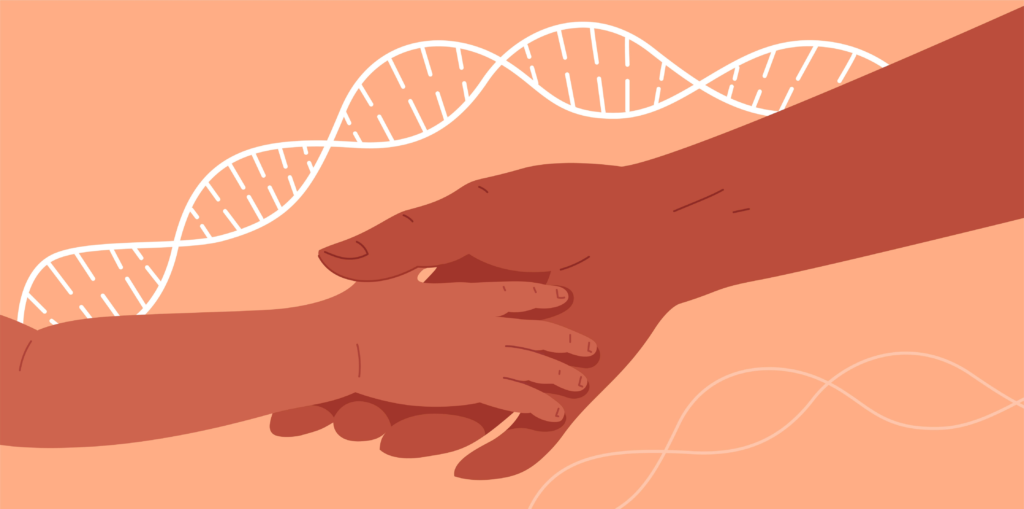
Cancer is often thought of as a random disease, but genetics can play a major role in determining a person’s risk. Certain inherited genetic mutations, such as mutations in the BRCA1 and BRCA2 genes, can significantly increase the likelihood of developing cancers such as breast and ovarian cancer. Conditions such as Lynch syndrome are associated with an increased risk of colon and uterine cancer. These genetic changes can be passed down through families, sometimes affecting multiple generations.
Certain inherited genetic mutations can increase the likelihood of developing specific types of cancer, such as breast cancer, ovarian cancer, and colon cancer. For example, mutations in the BRCA1 and BRCA2 genes significantly increase the risk of breast and ovarian cancer.

Does genetics affect cancer risk?
According to Professor Dr Somashekhar SP, Chair of the Medical Advisory Board, Global Director of Aster International Cancer Institute, “Inheriting a genetic mutation does not mean cancer is inevitable. It simply means increased risk. Understanding this risk can be a powerful tool. Genetic testing and counselling can help identify people at increased risk, allowing doctors to recommend measures such as regular screening, preventative treatments or lifestyle changes to prevent disease.”
The good news is that advances in genetic research are making it possible to predict and prevent cancer better than ever before. Knowing your family’s health history and consulting your doctor can be life-changing. Genetics can influence cancer risk, but awareness and early action can make all the difference.
According to Dr. Avinash Upadhyay, a medical oncologist in Patna and member of Doctube, “Prophylactic surgery is also available for cancer risk related to BRCA genes, mammography and breast MRI. Also, family history of cancer can indicate a genetic predisposition, although environmental factors also influence risk.”
Some steps to reduce the risk of cancer
While you can’t change your genetic makeup, there are several ways to reduce your cancer risk through lifestyle choices:
Healthy diet: Eat a diet rich in fruits, vegetables, whole grains, and lean proteins, while limiting processed foods and red meat. It may help reduce your risk of cancer.
Exercise regularly: Physical activity has been linked to a lower risk of several types of cancer, including breast and colon cancer.
Avoid tobacco: Smoking is the leading cause of many types of cancer, including lung, throat, and mouth cancer. Quitting smoking will significantly reduce your risk.
Limit alcohol: Drinking alcohol in moderation or avoiding it altogether can reduce your risk of cancers such as liver, breast, and colon cancer.
Regular screening: Early detection through screening tests, such as mammograms, colonoscopies, and Pap tests, can find cancers early, when they are most treatable.
These strategies, combined with knowledge of family history, can help reduce your overall risk of cancer.
Study reveals popular dietary supplements may cause cancer



